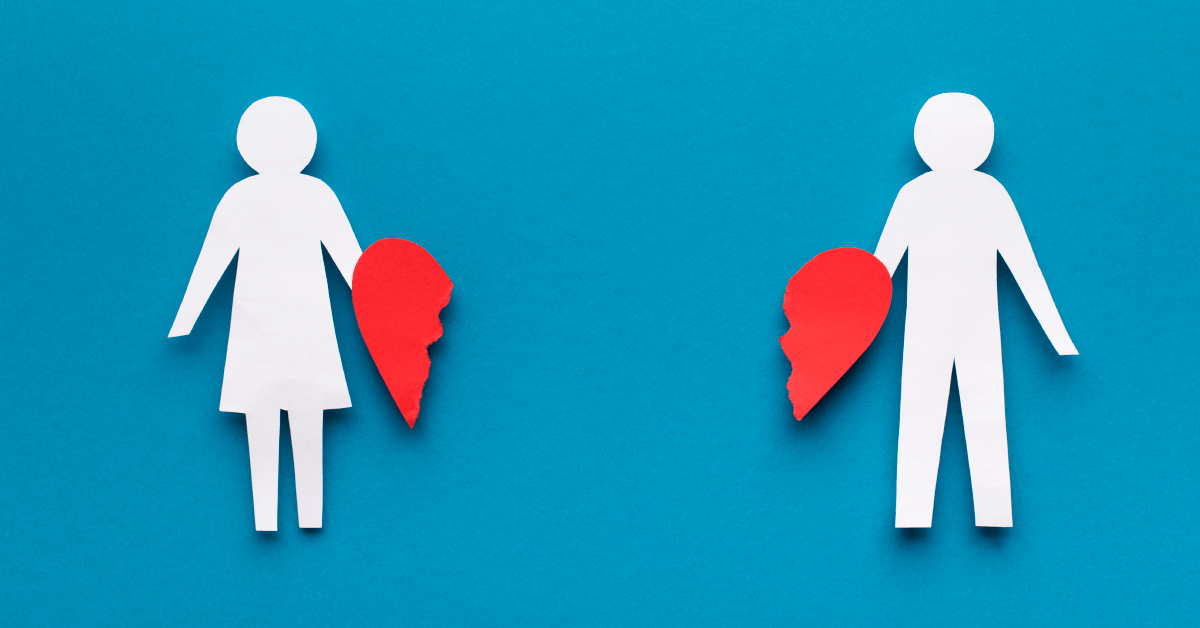Nearly 20 million Americans struggled with addiction and substance abuse problems in 2017, the most recent year for which we have complete data. Yet less than 10 percent received substance abuse treatment or rehabilitative support. In other words, there are clearly some roadblocks to recovery standing in the way of sobriety for a lot of people.
To make matters worse, between 40 and 60 percent of people who receive treatment end up relapsing. Why?
These bleak statistics aren’t necessarily a reflection of treatment quality, nor are they evidence that substance abuse treatment doesn’t work. Instead, it has everything to do with the complexity of this disease and the reality that so many variables affect a person’s ability to get help, as well as the success of treatment when they do.
These statistics are alarming and, quite frankly, unacceptable. So let’s discuss some of those social, emotional, and circumstantial factors inhibiting recovery for so many people.
These are common roadblocks to recovery.
Untreated Mental Illness

Perhaps more than any of the other roadblocks to recovery, untreated mental illness is a huge obstacle preventing people from overcoming their addictions.
If you’re unfamiliar with the term comorbidity, it refers to when two or more chronic illnesses occur simultaneously. Research shows that mental and emotional disorders have high comorbidity with addiction. In other words, addiction frequently develops in patients suffering from psychological conditions.
Surveys conducted by the National Institute on Drug Abuse (NIDA) found that half of those who suffer from a mental or emotional illness develop a substance abuse problem at some point in their lives. It works the other way too: People who develop substance abuse problems eventually manifest signs of mental health afflictions.
One major reason for such high comorbidity is due to a pattern of behavior called self-medicating. This is when people experiencing symptoms of mental or emotional disorders turn to alcohol or drugs in the absence of medicinal and clinical support. Additionally, this is why so many substance abuse treatment centers implement mental health treatment plans for patients in recovery.
What You Can Do
Because of the high comorbidity that addiction has with mental health conditions, substance abuse treatment centers can often begin to identify and address those mental and emotional disorders while the patient is in recovery for his or her substance abuse problems.
By seeking help for substance abuse, you also get help for a mental illness.
And when a facility isn’t able to provide the necessary support, the patient gets a referral for an appropriate specialist. So by seeking help for a substance abuse disorder, you’re also getting help for a mental health condition.
Alternatively, there are many resources available if you’re looking for mental health support before entering treatment. Most hospitals can make referrals to specialists and mental health providers. There are even advocacy groups like the National Alliance on Mental Illness (NAMI), which help people suffering from mental and emotional disorders, as well as their families, access the resources they need.
Unrealistic Expectations for Recovery

The expectations people have when it comes to overcoming addiction is one of the biggest roadblocks to recovery.
Recovery isn’t usually like what a lot of people imagine or expect it to be. There’s an expectation that recovery is a quick, clean process although that’s rarely the case. However, this misconception puts pressure on those in need of rehabilitative services. These people assume that they’ll struggle to meet unrealistic expectations with failure being either likely or inevitable. So they’re discouraged from trying at all.
It’s not hard to imagine what someone might be thinking in this situation. People are commonly discouraged from putting in the effort when they expect themselves to fail. This mindset continues to be a huge roadblock to recovery.
What You Can Do
When it’s the unrealistic expectations for recovery that keeps someone in the throes of addiction, education is the best way to move forward. By gaining a better understanding of this disease, recovery is recontextualized and helps to mitigate objections to treatment.
One important fact that all people suffering from addiction should know is that there’s not really one “right” way to achieve stable, long-term sobriety. In fact, a lot of people make more than one attempt before they’re able to stay sober. And that has a lot to do with the nature of addiction and what it takes to overcome it.
People in recovery are essentially trying to “unlearn” bad habits by replacing them with productive and healthier alternatives. In this way, recovering from addiction has similarities to how someone would approach giving up tobacco products. With a better understanding of addiction and recovery, the possibility of failure may not deter someone from giving recovery a chance.
Peer Groups & Bad Relationships

Compared to others, unhealthy relationships is often the most difficult roadblock to overcome.
An example of such a relationship and its effects would be when a teenager begins showing signs of a substance abuse problem after acquiring a new group of friends. People are more likely to pick up a habit or behavior when the people around them exhibit those same habits or behaviors. And over time, substance abuse begins to feel more normal than sobriety.
In addition to bad peer influences, other relationships can factor into the development of an addiction. A good example would be relationships in which there’s domestic violence.
Substance abuse is often a factor in domestic violence, whether it’s the person committing the violence or the victim who’s under the influence. With the latter, it’s often the case that the substance abuse is used to cope with the emotional trauma of abuse.
What You Can Do
Whether it’s peers who are a bad influence or domestic violence between romantic partners, relationships can be a major recovery roadblock. But they don’t have to be.
Be supportive. Help identify the consequences of the relationship.
The obvious solution would be for the person to distance himself or herself from those who are instigating the substance abuse. Of course, this is easier said than done in a lot of cases. If it’s your loved one who suffers from substance abuse brought on by bad relationships, the best thing to do is to be supportive. Help identify the consequences of continuing with the relationship.
Then once in a treatment program, take advantage of the therapy sessions to better understand how and why a relationship contributed to a substance abuse problem.
Paying for Treatment

Besides unhealthy relationships, one of the other common roadblocks to recovery is the high cost of treatment.
Substance abuse treatment programs do have a high “sticker price,” so to speak. Inpatient treatment is often the most expensive since patients live on-site for the duration of the program. So the patient needs a place to sleep, meals, and round-the-clock support. These amenities are expensive to provide, translating to more expensive programs.
Then other substance abuse treatment — outpatient programs as well as several variations — is less costly. But like the best inpatient care, these outpatient programs offer hours of therapy with licensed counselors and clinicians. In other words, addiction treatment has a pretty high cost, making it difficult to pay for these services out-of-pocket.
In a substance abuse treatment program, there’s a team of professionals at your beck and call, each personally invested in helping you achieve stable recovery. When you add in everything else included in a drug rehab program, it’s understandable that those in need would assume treatment isn’t an option since they can’t cover the cost of treatment out-of-pocket.
What You Can Do
When it comes time for recovery, many people pay little (and sometimes nothing) for their addiction treatment. That’s because health insurance covers rehab in many cases. In fact, for many insurance providers, substance abuse — which is technically a neurological disorder — falls under the purview of mental health treatment. Even government-provided plans provide some level of financial assistance for addiction treatment.
When covering the cost of treatment is the primary reason for someone to resist, the best course of action would be to find health coverage. Depending on the person’s employment situation, it’s possible that health insurance can be acquired fairly easily. Otherwise, insurance companies will sell policies to consumers directly.
Then there’s the possibility of financial assistance by way of scholarships and grants for substance abuse treatment. Basically, it’s exactly what it sounds like: There are grants available for those with financial need can apply for grants as well as for scholarships that a number of substance abuse treatment centers offer.
These are resources created to make sure people who need alcohol and drug rehab aren’t unable to get that help solely because of their financial circumstances.
Overcome Your Roadblocks to Recovery with Discover Recovery Today
Whether it’s you or your loved one who suffers from addiction, Discover Recovery is here to help you overcome roadblocks to recovery. If you’d like us to help you find the support and resources you need, don’t hesitate — contact us today!
https://discoverrecovery.com/wp-content/uploads/2020/02/Caution-cones-in-a-parking-lot-01.png
